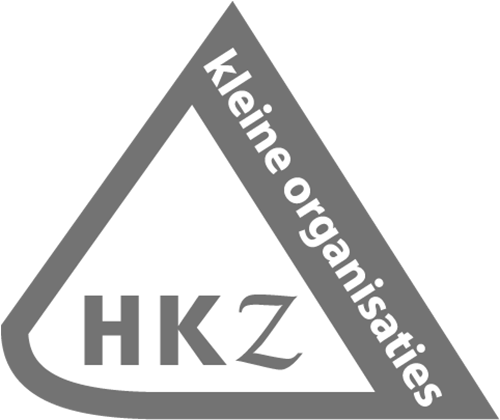Anxiety Disorder
Everyone is scared of something. Feeling scared is often a good thing. Anxiety is a signal of your body, it’s warning you for potential danger. Usually this feeling will fade away fast. But for some children, this feeling of fear is stronger. You may notice that your child is very scared of many things, your child instantly freezes up or quickly runs away or goes into hiding. Your child can be scared of many different things, or can be very scared of just one thing, like getting sick, the dark, spiders or dogs. Your child may also think that he or she is not doing anything right.
There are many different types of anxiety:
• Being afraid of many things that other people are not afraid of. Your child can’t sleep well and thinks about the scary things a lot. Your child worries a lot, and therefore he or she cannot concentrate properly at school.
• Your child can be scared of losing people or not having their parents around anymore. If the parents are elsewhere, your child will not feel comfortable and might get stomach aches or an overall bad feeling. Sleeping is not going well if one of the parents isn’t near. Your child doesn’t like going to school either, and school trips or school camps are a total disaster.
• Your child can be scared of talking to other people or to play with other children. Your child is very shy and doesn’t feel comfortable to just chitchat with new people. Your child is afraid to do presentations in front of others, because then everyone’s eyes will be on them. This fear takes such forms that your child can no longer sleep well before presentations or shows very panicked behaviour.
• Your child fears that something bad will happen, for example fear of getting sick or fearing that one of the parents will die. Or your child is afraid of that anxious feeling that keeps coming back, which makes them feel bad and very uncomfortably. In that case, the child is actually scared of the fear itself. This is what we call panic. The child is aware of how fast their heart is beating and how shaky they feel, and is afraid of having a panic attack.
• Your child can be scared of doing things wrong, to fail a test at school. This is what we call performance anxiety. Your child is so afraid of doing something wrong at school, that your child is trying it’s very best, but actually no longer enjoys school at all. It also happens that your child has learned so much and knows everything when they are at home, but doesn’t know anything during the test which still results in a bad grade.
• Your child can be very scared of one specific thing, like spiders. Your child feels terribly scared and might experience a panic attack. It is difficult to do very ordinary things because your child keeps thinking about what scares them so much. For example, your child is scared to go outside because they might see spiders. Your child will avoid certain situations.
There are two particular forms of anxiety:
• Trauma: your child always feels scared because something really bad has happened to him or her. Your child can’t forget it and still feels the fear of what happened.
• Tics and compulsive disorder: your child is afraid that something bad will happen if they don’t do certain things. For example, your child has to turn the light on and off five times, otherwise they believe something will happen to their parents. The child knows that this is not the case, yet the fear persists.
Anxiety can originate from many different things and is partly hereditary. If one of the parents and brothers or sisters are easily scared, this might also be the case with your child. It may also originate from your child growing up in an unsafe place, or from an upbringing where the child was being very protected. Your child may also be anxious about something he has experienced in the past that made him very afraid. The frightened feeling created by these kinds of things can come back again and again.
It is important to start treatment as soon as possible if your child is anxious. The longer your child suffers from these fears, the more difficult it is to get rid of them. The Kinderpraktijk offers a number of different anxiety-reducing treatments. Together we will decide which treatment would be best for your child, depending on the situation and the wishes. In all cases it concerns cognitive behavioral therapy. How many treatments are needed to overcome the fear, depends on the severity of the fear.




